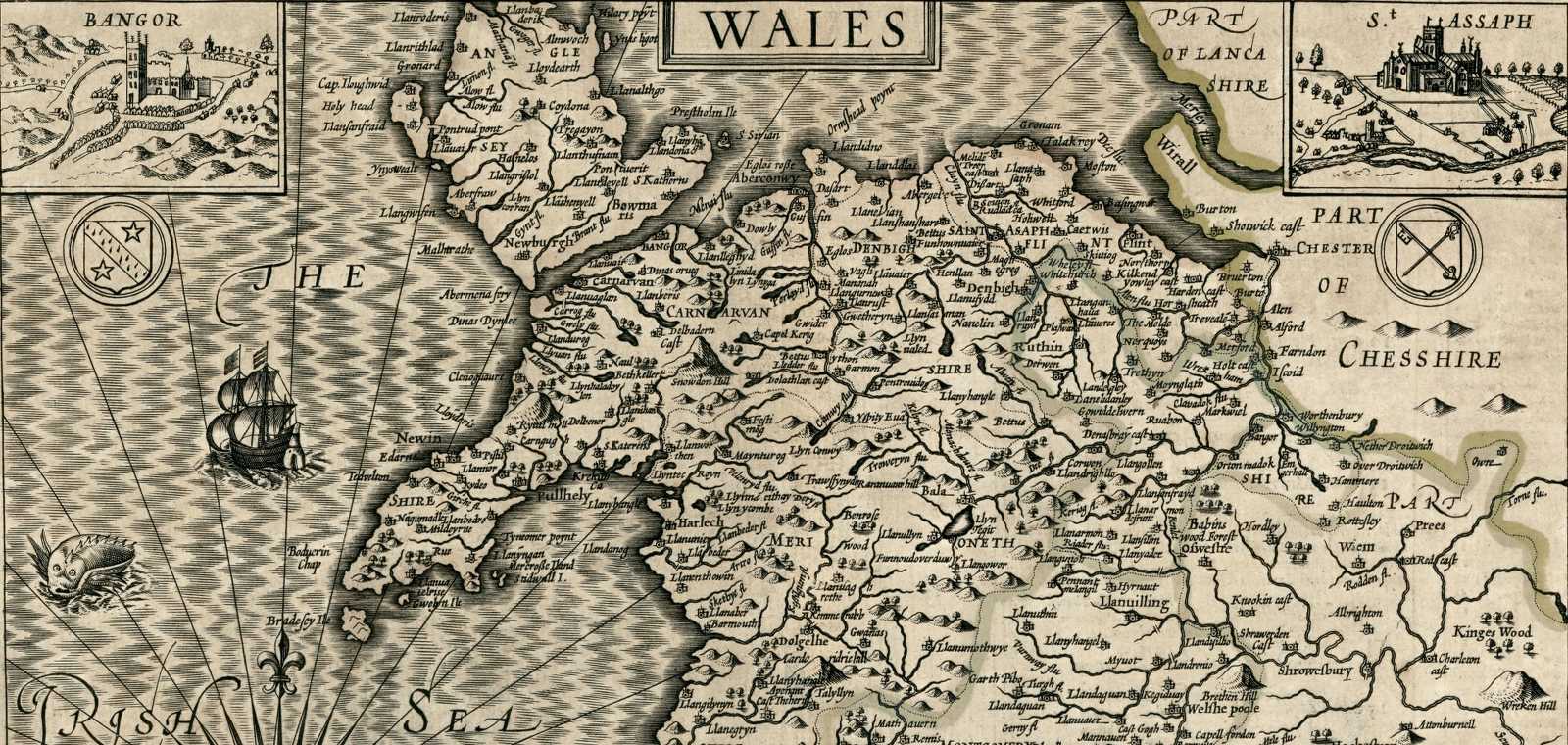Effective Strategies for Businesses in Remote Areas

The Problem
I’m originally from North Wales, which is a rural part of the UK. To the north is the Irish Sea, and to the south are lots of mountainous regions. As a result, the population is spread out thinly along the coastline. This has created lots of problems for the area - it’s at an economic disadvantage by virtue of geography alone.
I spent most of the last decade in London, but still spend a lot of time in North Wales. There’s nothing I like more than seeing new ventures started in the area. However, I often think ‘how on earth are they in business?’ The challenge of attracting enough customers to remain economically viable is a constant one. Only the other day, a really well furnished and run cafe closed due to a lack of trade.
On the flip side of the coin, I often see businesses in London which look rundown and poorly managed, yet they keep going. In contrast to North Wales, London is an incredibly dense area. The footfall past most shops is orders of magnitude higher. Even incredibly niche shops can find enough customers amongst the roughly 8.5 million inhabitants to do a decent trade.
This is why London is a better place to start most new ventures - niche, experimental ideas have a better chance of finding a critical mass of customers. Likewise, you are more likely to find the people required to build the venture too.
I once interviewed a startup founder, who moved to London just so he could find the right technical talent for his new business. He said it would be incredibly lucky to find a dozen world class Ruby programmers in most parts of the UK. Of course, he was right.
This is the great structural challenge for the UK. Other cities in the UK are tiny in comparison, and that is unlikely to change as London pulls in more and more people and investment as it grows in size and affluence.
But not everyone lives in London - many people can’t, or don’t want to. They need an alternate strategy which is economically viable. One which is less reliant on population density.
I’ll share some observations I’ve had.
Solution 1 - Focus on what’s abundant
Even though the population density is lower in other parts of the UK, per-capita some things are much higher density. The largest sector of the economy in North Wales is the servicing and sale of automobiles. Families in North Wales are likely to have far more cars than people in London. It’s a requirement when you live in a rural area. Businesses in this sector are not as disadvantaged when outside London. There are other examples - micro electricity generation, agricultural products, lawn and garden care, services for the elderly, and more.
Solution 2 - Make stuff
Another strategy is vertically integrated manufacturing, especially when linked to the provenance of the area. A great example from North Wales is Halen Mon - a company which makes sea salt. It’s located on Anglesey, one of the least populated regions of the UK. However, they’ve been able to create a world renowned product, which is exported widely.
Solution 3 - The Internet
Of course, there’s the internet - which provides access to customers all over the world. Companies that use the internet in a savvy way to market and sell their products can offset the disadvantage of operating out of a weak local economy.
Solution 4 - The Power of One
Many of the great UK cultural exports came from creative individuals working in random places. JK Rowling wrote Harry Potter in Edinburgh, which isn’t exactly a backwater, but is still a modestly sized city by international, and even UK, standards. The solution for an economy isn’t for everyone to take up creative writing, but some disciplines can thrive in slightly less hectic environments.
Things to avoid - An over dependency on visitors
One solution which is often touted is increasing tourism. The theory is, if you make something really cool, people will travel into the area and spend money.
I don’t think this is a good strategy. Tourism businesses are often seasonal and weather dependent. Also, there is no guarantee that people will come - leaving a business dangerously exposed if the weather is particularly bad.
There have been many incredible new ventures created in North Wales, which seek to position the area as the adventure capital of Europe. They are to be commended, but an economy needs a variety of businesses which can metaphorically and literally ‘weather the storm’, as have been highlighted in the four solutions above.
Conclusions
Hopefully this is as useful for people reading it as it was for me writing it. I honestly believe that if investment was focused on the four solutions outlined above, it would greatly aid remote areas. Rather than trying to be a mini-London, they can be unique entities, which compete on their unique strengths.